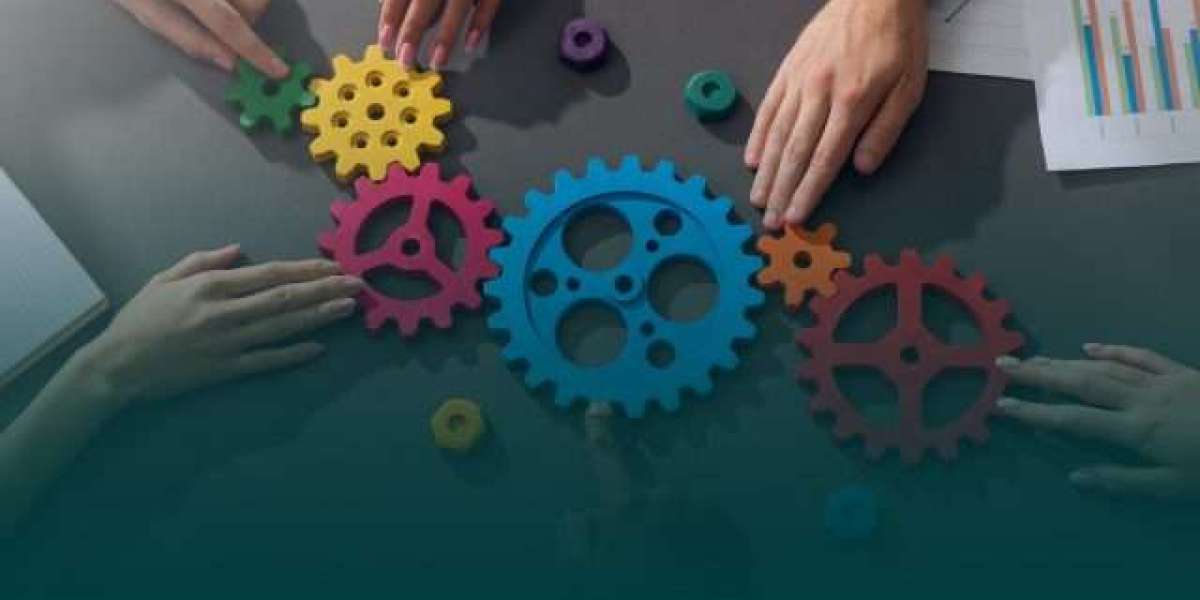Introduction
As urban populations grow, cities face mounting challenges—traffic congestion, pollution, energy inefficiency, and outdated infrastructure. In response, governments and tech innovators are collaborating to build smart cities powered by the Internet of Things (IoT). These digitally integrated cities aim to optimize resources, improve quality of life, and promote sustainable development by leveraging connected technologies.
This article explores how IoT is shaping the future of urban planning, infrastructure management, and city living.
What Is a Smart City?
A smart city is a technologically advanced urban area that uses data and connected devices to manage assets, services, and resources more efficiently. These cities rely on:
IoT sensors
Data analytics
Cloud computing
Artificial intelligence
to automate and enhance systems like transportation, energy, waste management, and public safety.
The goal is to create a livable, responsive, and sustainable urban environment through innovation and real-time data.
The Role of IoT in Smart Cities
1. Smart Traffic and Transportation
IoT-enabled traffic systems use real-time data from road sensors, GPS, and cameras to:
Monitor vehicle flow
Optimize traffic signals
Provide dynamic rerouting and congestion alerts
Enable predictive maintenance of roads
Smart parking solutions also help drivers locate open spots using mobile apps, reducing time spent idling and lowering emissions.
2. Energy Management and Smart Grids
Cities are deploying IoT to improve energy efficiency through:
Smart meters for homes and businesses
Automated street lighting systems
Real-time energy consumption tracking
Integration of renewable sources with smart grids
This creates a more balanced, resilient energy ecosystem and allows citizens to monitor and reduce their carbon footprint.
3. Waste Management
Smart waste bins equipped with fill-level sensors notify municipal services when they need to be emptied. This reduces:
Unnecessary fuel use from waste collection trucks
Overflow and public sanitation issues
Operational costs for waste management departments
4. Water and Environmental Monitoring
IoT helps detect water leaks, monitor air quality, and manage irrigation systems. In regions with drought or pollution concerns, this data is essential for policy-making and resource conservation.
Smart environmental monitoring can:
Detect contaminants in drinking water
Alert authorities to high pollution levels
Help enforce environmental regulations more effectively
5. Public Safety and Emergency Response
Smart surveillance systems, gunshot detection sensors, and connected emergency response tools improve public safety and reduce response times. Facial recognition, license plate readers, and real-time crime data analysis assist law enforcement in making data-informed decisions.
6. Smart Buildings and Infrastructure
Buildings equipped with IoT sensors can optimize HVAC systems, lighting, and energy consumption. Structural health monitoring of bridges and tunnels can predict failures before they occur, saving lives and reducing infrastructure maintenance costs.
Benefits of IoT in Urban Planning
Implementing IoT in smart cities offers several advantages:
Increased Efficiency: Real-time data leads to faster and more informed decision-making.
Sustainability: Resource optimization supports green initiatives and lowers emissions.
Improved Citizen Experience: Public services become more responsive and user-friendly.
Data-Driven Policies: Urban planning becomes evidence-based, resulting in better infrastructure investments.
Enhanced Economic Opportunities: Smart cities attract tech companies, startups, and innovation-driven investments.
Global Examples of Smart Cities
Singapore
One of the most advanced smart cities, Singapore uses IoT for traffic flow, public transport, energy usage, and healthcare data integration.
Barcelona
Barcelona has implemented smart lighting, parking, and irrigation systems, leading to millions of euros in annual savings.
Dubai
Dubai’s Smart City initiative includes blockchain-based government services, AI-driven policing, and IoT-powered building management.
Amsterdam
This European leader in urban innovation focuses on open data, smart mobility, and energy-neutral neighborhoods.
Challenges in Smart City Development
Despite their benefits, smart cities face challenges such as:
Data Privacy Concerns: Managing and protecting sensitive citizen data is a major concern.
High Initial Costs: Infrastructure investment and IoT implementation require significant capital.
Cybersecurity Threats: More connectivity means increased vulnerability to cyberattacks.
Digital Divide: Ensuring equal access to technology for all citizens remains an issue.
Urban planners must address these concerns through transparent policies, ethical data handling, and inclusive design.
The Future of Smart Urbanization
As 5G networks expand and AI capabilities grow, smart cities will become more predictive and autonomous. Future possibilities include:
Autonomous public transport fleets
AI-based traffic forecasting
Blockchain-based urban service delivery
Smart citizen IDs integrated with healthcare, banking, and mobility
A tech website like Brettintech helps professionals and citizens stay informed about the latest developments in smart urban technologies, offering critical insight into the evolving cityscapes of tomorrow.
Conclusion
Smart cities are no longer a futuristic concept—they are a necessity in our increasingly urbanized world. With IoT at their core, these cities can enhance efficiency, sustainability, and livability. As more municipalities embrace digital transformation, urban planners, governments, and technologists must work together to ensure that innovation benefits everyone. The cities of tomorrow are being built today—and they’re smarter, safer, and more connected than ever before.



